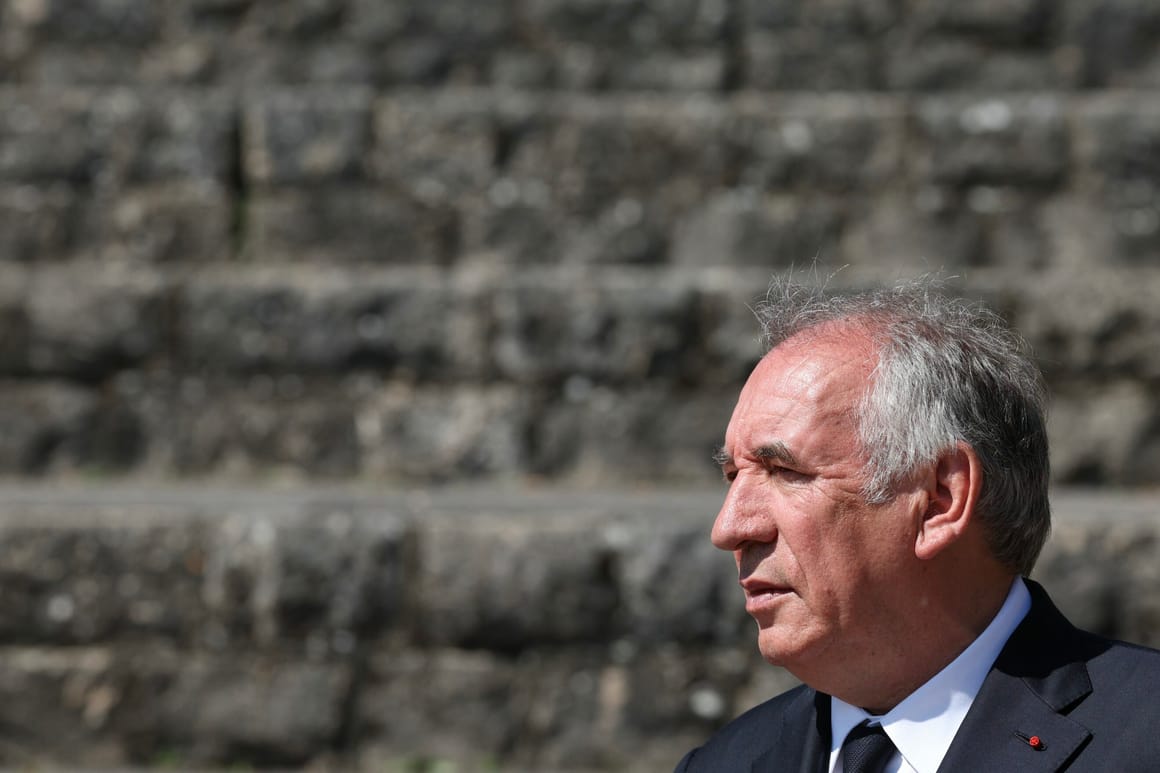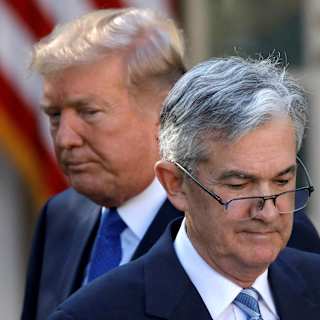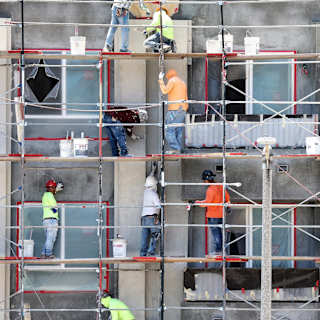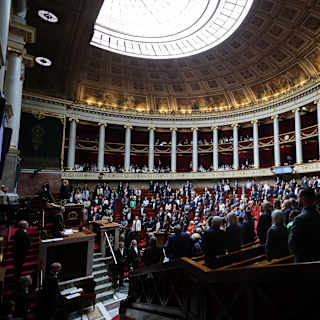- Negotiations Reach Impasse
- Political Survival at Stake
- Reform's Troubled History
French Prime Minister François Bayrou called for urgent meetings with trade unions and employers on Monday after negotiations over the country's contentious pension reforms collapsed, plunging his government into fresh crisis just months after taking office.
The breakdown of talks aimed at modifying the unpopular 2023 retirement reform leaves Bayrou facing potential no-confidence votes while the fundamental issue of France's pension system remains unresolved, with unions and employers still sharply divided over raising the retirement age from 62 to 64.

The failure of Bayrou's pension "conclave" came after the deadline for reaching agreement was pushed back from last week to give negotiators more time1. Despite the extension, unions and employers could not bridge their differences on key issues.
Unions are demanding early retirement provisions for workers with physically demanding jobs and improved maternity leave considerations, while employers express concerns about the potential financial strain on the already fragile pension system2. Negotiators had described the chances of reaching agreement as "50/50" on limited proposals such as bonuses for seniors who work past retirement1.
In a brief morning address, Bayrou signaled readiness for continued dialogue while acknowledging the challenges ahead2. He declared that all reform options remain under consideration, provided they address the financial deficit in pension funding by 2030.
The collapse threatens Bayrou's precarious position as prime minister, with opposition lawmakers threatening a no-confidence vote1. Bayrou replaced Michel Barnier in December after Barnier was ousted over controversial budget cuts, making this government's survival another test of France's political stability.
The pension reform deadlock has already proven politically toxic. Earlier this year, several major unions withdrew from similar talks after Bayrou ruled out returning the retirement age to 622. The Confédération Générale du Travail, France's second-largest trade union, abandoned negotiations in March, with leader Sophie Binet accusing the prime minister of "definitively burying" serious negotiations.
The 2023 pension reform, which raised the retirement age from 62 to 64, was forced through parliament using Article 49.3 without a vote, sparking massive protests and strikes1. The measure was designed to address projected pension deficits, with the government arguing it would balance the system by 20301.
"We cannot deteriorate the financial balance" of the pension system, Bayrou has insisted, even while suggesting the retirement age could potentially be decreased depending on negotiations2.



